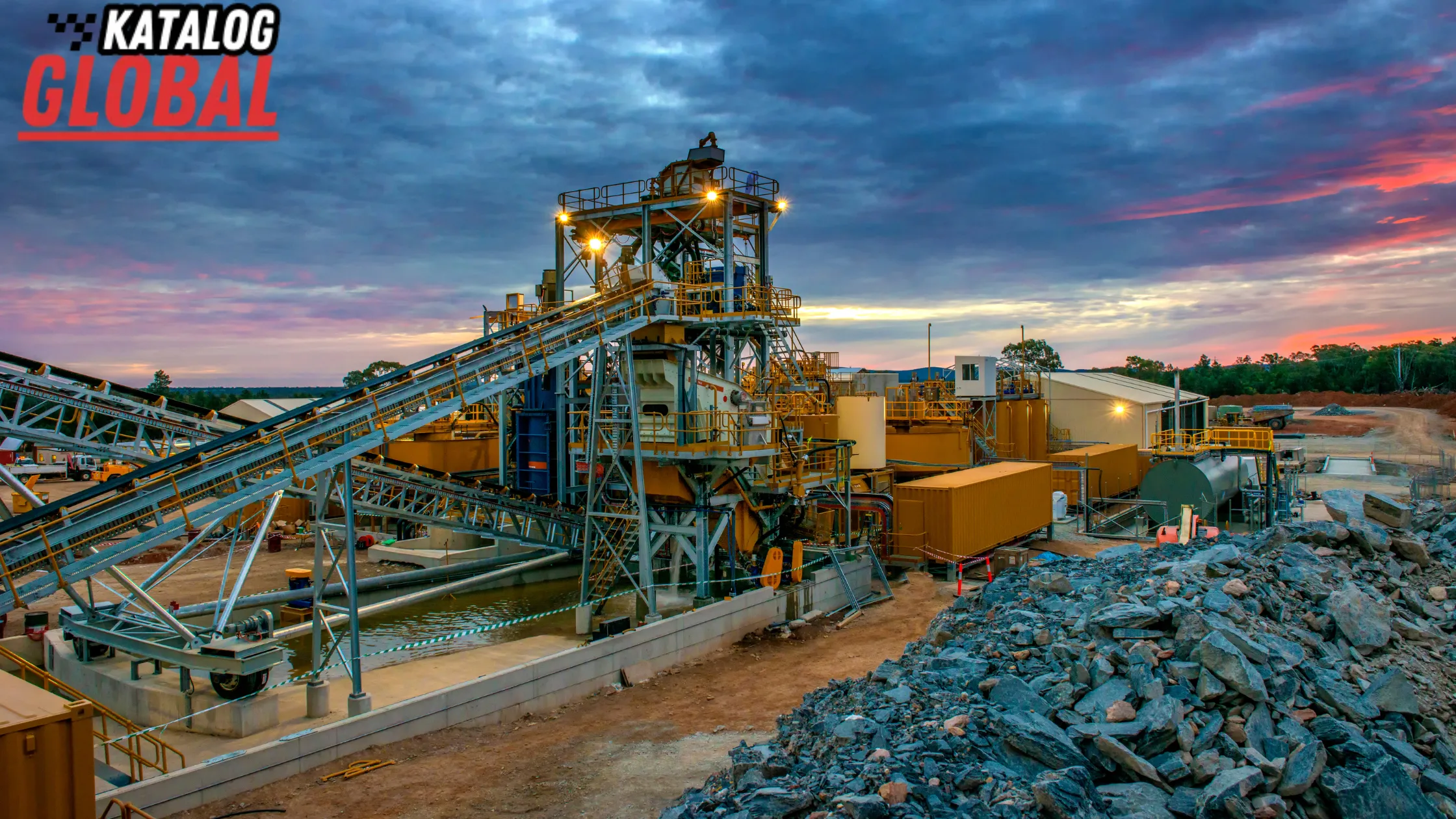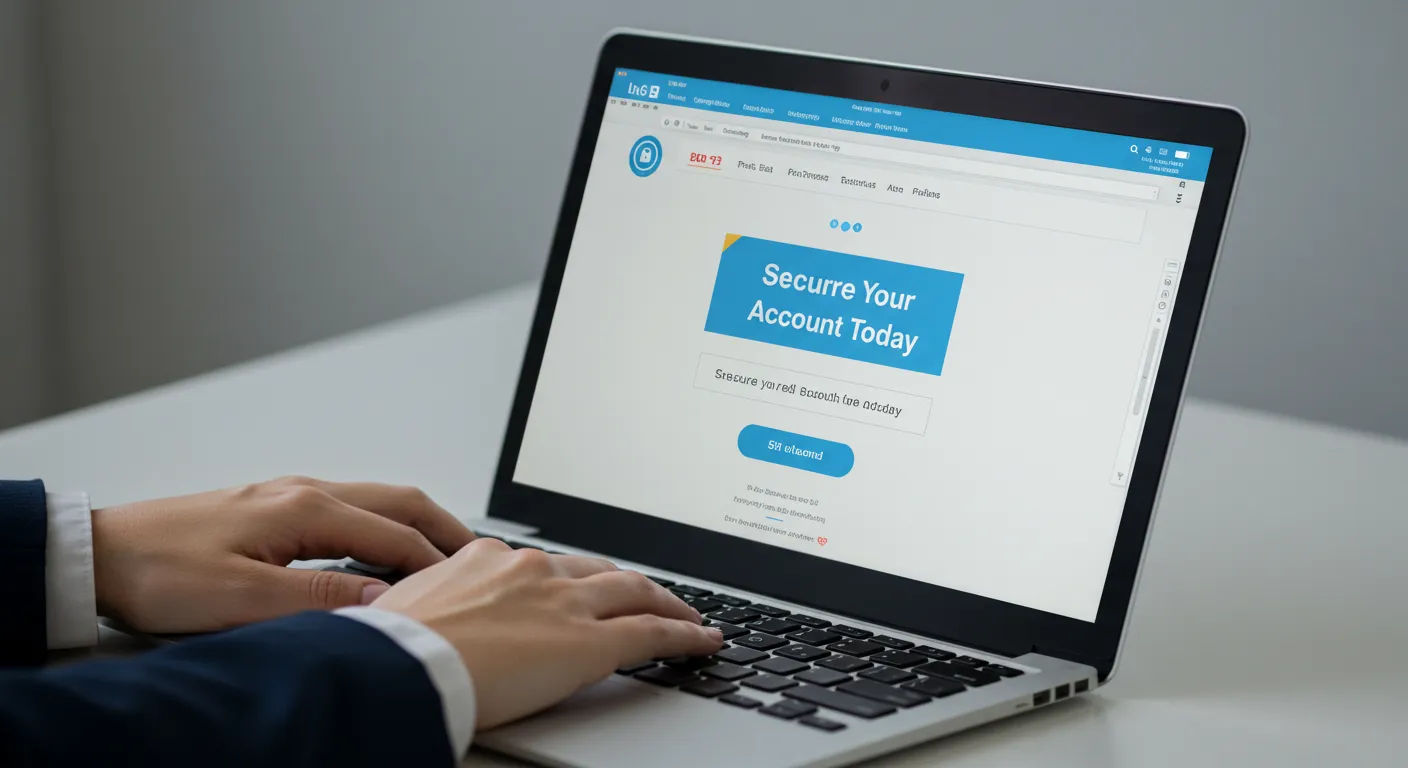Table of Contents
If you’ve ever wondered, “Can you have your own mining company?” the answer is yes, and it’s more attainable than you might think. However, it requires careful planning, knowledge of the industry, and a strategic approach to get started. Whether you’re interested in gold, coal, or other valuable minerals, starting your own mining company is not just about extracting resources; it’s about building a sustainable, profitable business that can withstand industry fluctuations.
The purpose of this article is to provide you with a detailed roadmap on how to transform your vision into a reality. We’ll explore the foundational elements of mining, walk you through the essential steps of launching your business, and help you understand the challenges and opportunities that lie ahead. This is your guide to entering the mining industry successfully.
Understanding the Basics of Mining
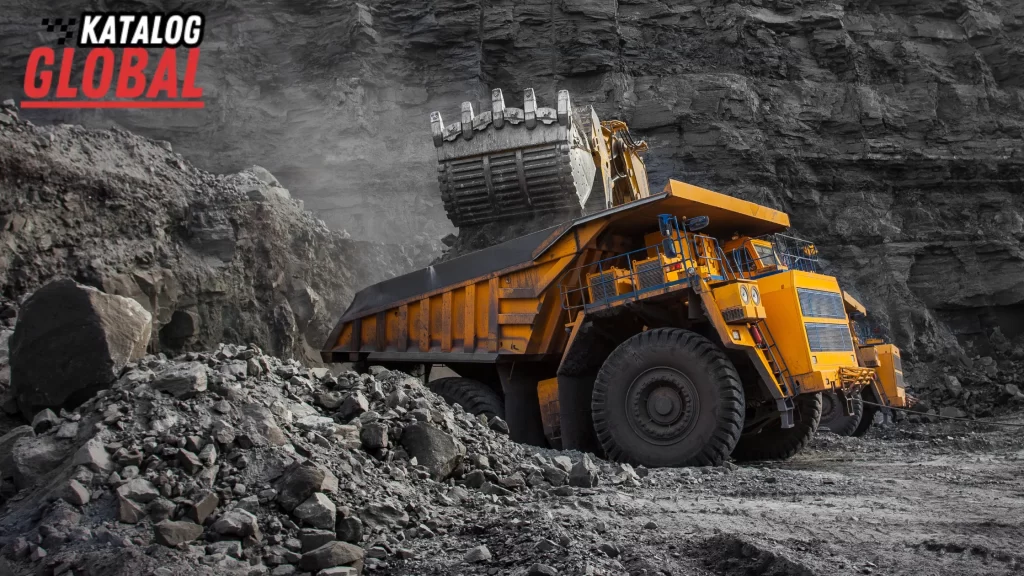
Before diving into the actual steps of starting a mining business, it’s crucial to understand the basics of mining itself. Mining is the process of extracting minerals, metals, or other valuable geological materials from the earth. These resources are essential to various industries such as construction, electronics, and manufacturing, making mining a highly profitable business when done right.
There are different types of mining operations, and your choice depends on what you want to mine. For example:
- Surface mining involves removing layers of earth to extract minerals close to the surface.
- Underground mining requires digging deep into the earth to reach buried resources.
- Placer mining focuses on extracting precious metals, like gold, from riverbeds and streams.
Understanding these methods will help you decide which type of mining operation is suitable for your resources and capabilities. Moreover, having this foundational knowledge allows you to plan your business operations and strategy better.
Research and Feasibility Study: Your Starting Point
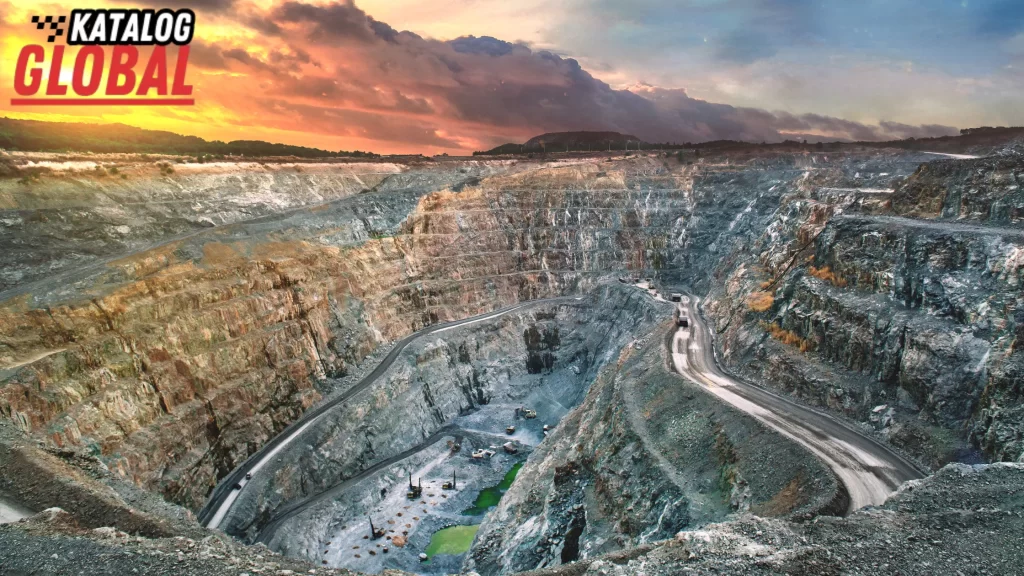
When thinking, “Can you have your own mining company?” the most critical first step is conducting research and a feasibility study. Without these, you’re essentially flying blind. A feasibility study evaluates the practicality of your mining venture, identifying key factors like the availability of resources, legal requirements, market demand, and potential profitability.
Start by choosing the type of mineral you want to mine. Is there a high demand for it in the market? For example, minerals like lithium are in high demand due to their use in batteries for electric vehicles, while traditional minerals like coal and gold remain valuable as well. Once you’ve decided on the mineral, look into geographic regions that are known for being rich in this resource.
Key areas to research include:
- Geological surveys: These will help you understand the mineral availability in a specific area. It’s important to find a location with abundant resources that can sustain mining operations over a long period.
- Environmental impact assessments: Mining has significant ecological implications, and many governments have strict regulations. You’ll need to ensure that your operation won’t harm local ecosystems.
- Market analysis: Can you find buyers for the minerals you plan to mine? Understanding the demand for your product is crucial to determining whether your business will be profitable.
- Competitor analysis: Study other mining companies to see how they operate and identify gaps you can fill in the market.
By completing this research and feasibility study, you’ll have a clear understanding of what’s required to start your mining company, which minerals are worth pursuing, and whether the venture is financially viable.
Also Read: Food Service Trade Organization: Unlocking Unseen Opportunities
Securing Legal Permits and Approvals
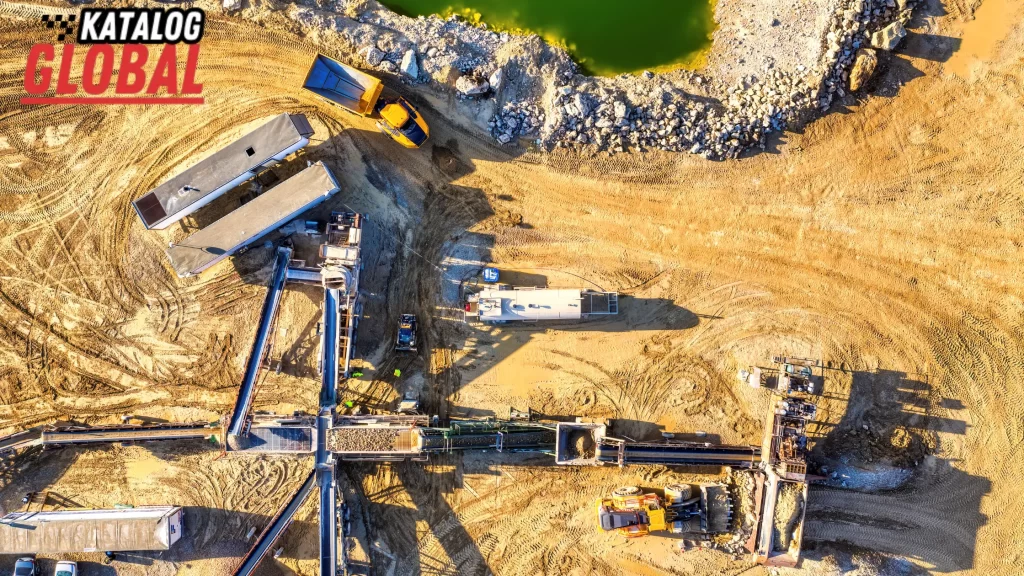
Mining is one of the most regulated industries globally, and you must start digging with the proper legal framework in place. To answer “Can you have your own mining company?” positively, you need to secure the necessary permits and approvals. This involves navigating a sometimes complicated and lengthy process of dealing with local, state, and federal regulations.
Start by consulting with a legal expert specializing in mining to help guide you through the regulations in your region. The types of permits you may need include:
- Mining licenses: These allow you to extract minerals from the earth legally and are often issued by the government.
- Environmental permits: These permits ensure that your mining activities do not cause undue harm to the environment. You will need to outline your plans for minimizing environmental damage and restoring the land once mining operations have ceased.
- Land-use and zoning permits: Not all land is zoned for industrial use. Ensure that your mining site is in an area where such operations are legally permitted.
These permits may take months to acquire, so it’s essential to start this process early. Operating without proper permits could result in fines, shutdowns, or even permanent closure.
Building Your Mining Team and Equipment Setup
Once the legal framework is in place, it’s time to build your team and acquire the necessary equipment. Mining requires a highly skilled workforce, so assembling a strong team is essential to your company’s success. You will need geologists, engineers, safety officers, and equipment operators, among others.
Here are some key team members you will need:
- Geologists: They will analyze the earth’s structure and help you locate areas rich in minerals.
- Mining engineers: They are responsible for designing efficient mining processes and ensuring that all operations run smoothly.
- Safety managers: Given the dangerous nature of mining, safety is a top priority. Safety managers will implement protocols to protect your workers.
- Equipment operators: Your workers need to know how to operate heavy machinery such as drills, excavators, and loaders.
In addition to your team, you will also need the right equipment. Mining equipment is expensive but necessary for efficient and safe operations. This may include:
- Excavators: Used to dig into the earth and extract minerals.
- Drilling equipment: For underground operations, drills help to access deep mineral deposits.
- Processing plants: Once extracted, minerals often need to be processed before they can be sold.
By building the right team and equipping them with the proper tools, you’ll ensure that your mining operation runs efficiently, safely, and profitably.
Financing Your Mining Venture
Starting a mining company can be capital-intensive, and one of the main hurdles is securing the necessary funds. You might be asking, “Can you have your own mining company with limited capital?” While it’s possible, you’ll need a solid financial plan to get your venture off the ground.
There are several ways to finance your mining business:
- Personal savings: Some entrepreneurs dip into their savings to fund their venture. While risky, this gives you full control over your business without external interference.
- Bank loans: Many financial institutions are willing to provide loans for mining operations, especially if you can present a strong business case backed by research and feasibility studies.
- Investors: Attracting investors is another way to fund your venture. Investors will expect a return on investment, so be prepared to offer a stake in your company or a share of the profits.
- Partnerships: You can also partner with established mining companies, allowing you to share the financial burden and benefit from their industry experience.
A well-thought-out business plan will help you secure the funding you need. Make sure your plan outlines your expected costs, potential revenue, and the overall financial viability of the venture.
Also Read: How Much Does an ATM Cost? Uncover the Shocking Costs Today!
Environmental Responsibility and Sustainable Mining
In today’s world, businesses must focus on sustainability, and mining is no different. Mining has a reputation for being harmful to the environment, but sustainable mining practices can help mitigate this. If you want to build a successful and responsible mining company, environmental responsibility should be at the forefront of your strategy.
Here’s how you can integrate sustainability into your mining operations:
- Minimize waste: Adopt processes that reduce waste production during mining and maximize resource efficiency.
- Energy efficiency: Use renewable energy sources wherever possible, such as solar or wind power, to reduce your carbon footprint.
- Rehabilitation: After mining is complete, restore the land by planting trees or filling in pits to help the environment recover.
Sustainability isn’t just good for the planet—it’s good for business. Companies that prioritize environmental responsibility are more likely to attract investors and partners who value eco-friendly practices. Furthermore, sustainable operations can reduce long-term costs by improving efficiency and reducing waste.
Marketing and Selling Your Minerals
After you’ve mined your resources, the next step is finding buyers for your product. This is where marketing comes into play. Even in an industry like mining, effective marketing is essential to ensuring that your product reaches the right customers.
Begin by identifying your target market. Are you selling to construction companies? Manufacturers? Technology firms? Understanding who needs your product will help you tailor your marketing strategy.
Some ways to market your mined minerals include:
- Networking: Attend industry trade shows, conferences, and events where you can meet potential buyers.
- Online presence: Create a professional website that highlights your mining capabilities and the minerals you have for sale. Social media platforms like LinkedIn can also help you connect with industry professionals.
- Direct sales: Build relationships with companies that use your minerals in their production processes. Offering long-term contracts can create a steady income stream.
Marketing ensures that the minerals you’ve worked so hard to extract don’t sit idle. With a well-planned strategy, you’ll connect with the right buyers and maximize your profits.
Also Read: Can You Have Your Own Mining Company? Start Today!
Overcoming Common Challenges in the Mining Industry
Like any business, mining comes with its fair share of challenges. However, being aware of these potential issues and planning for them will increase your chances of success. Some common challenges include:
- Regulatory changes: Governments may alter laws or increase regulations, which could impact your operations. Stay informed about industry regulations and adapt your business practices as needed.
- Market fluctuations: The price of minerals can be volatile, making it difficult to predict profits. Diversifying your product offerings or locking in long-term contracts with buyers can mitigate the impact of market changes.
- Safety concerns: Mining is a dangerous industry, and ensuring the safety of your workers should be a top priority. Regular safety training and strict adherence to safety protocols are essential.
By staying proactive and flexible, you can navigate these challenges and continue to grow your mining company.

